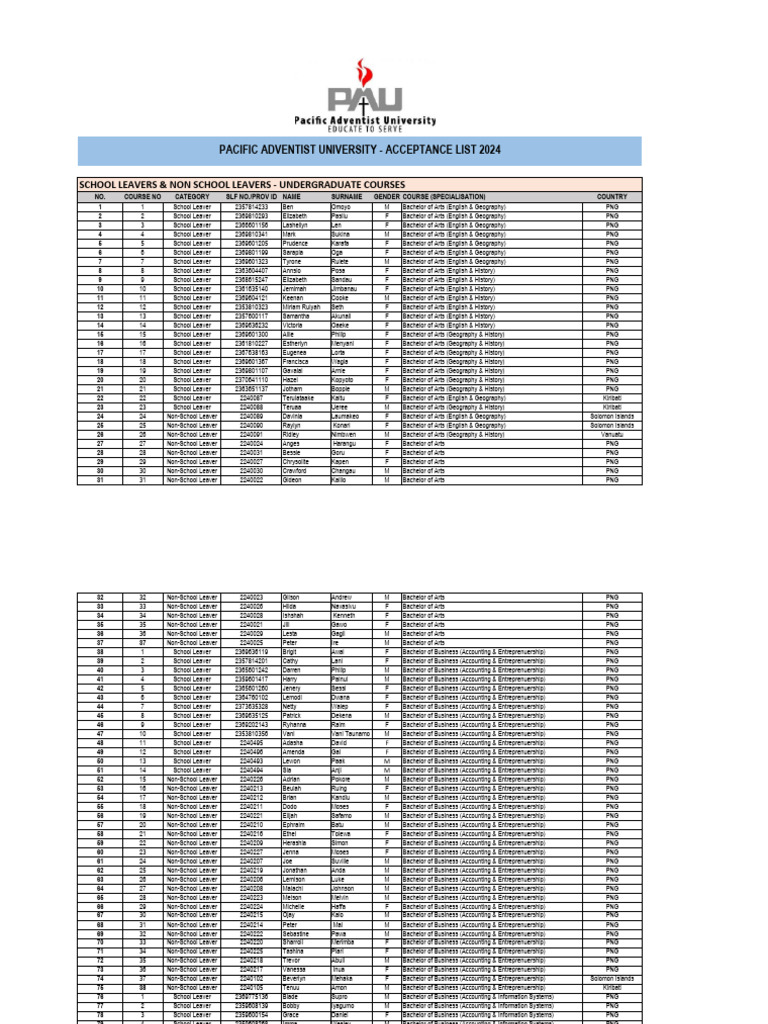How Do Dc Think Tanks Shape Policy? Inside Look
The role of think tanks in shaping policy in Washington D.C. is a fascinating and complex topic. For decades, these organizations have played a crucial part in influencing the decisions of policymakers, lawmakers, and government officials. But how exactly do they achieve this? Let’s delve into the world of D.C. think tanks and explore their inner workings, impact, and the ways in which they contribute to the policymaking process.
At the heart of a think tank’s mission is the pursuit of ideas and the dissemination of knowledge. These organizations are typically non-profit, independent, and focused on researching and analyzing specific policy areas, such as foreign policy, economics, healthcare, or education. By leveraging their expertise and resources, think tanks aim to inform and educate stakeholders about the most pressing issues of the day. This, in turn, helps shape public discourse, influences policy debates, and ultimately informs decision-making at the highest levels of government.
One of the primary ways think tanks shape policy is through the publication of research papers, reports, and analyses. These documents often provide in-depth examinations of complex issues, offering data-driven insights, expert opinions, and recommendations for policymakers. By producing high-quality, well-researched content, think tanks can establish themselves as trusted authorities in their respective fields, making their work an indispensable resource for lawmakers, government officials, and other stakeholders.
For instance, the Brookings Institution, a prominent think tank in D.C., has published extensive research on topics such as economic growth, social mobility, and governance. Their reports often include actionable recommendations, which can be used by policymakers to inform their decisions. Similarly, the Center for Strategic and International Studies (CSIS) has produced influential research on foreign policy, defense, and security issues, shaping the discussion around critical global challenges.
Think tanks also shape policy through their events, conferences, and workshops. These gatherings provide a platform for experts, policymakers, and stakeholders to engage in discussions, debates, and networking opportunities. By facilitating dialogue and collaboration, think tanks can foster a sense of community and shared understanding among participants, helping to build consensus and drive policy innovation.
The Carnegie Endowment for International Peace, for example, hosts regular events on topics such as international security, global governance, and emerging technologies. These events often feature prominent speakers, including government officials, diplomats, and thought leaders, and provide a unique opportunity for attendees to engage with the latest ideas and perspectives.
Moreover, think tanks play a significant role in shaping policy through their expertise and advisory services. Many think tanks maintain a roster of experienced scholars, researchers, and experts who can provide counsel to policymakers, government agencies, and other organizations. By leveraging their expertise, think tanks can help policymakers navigate complex issues, identify potential solutions, and develop effective strategies for addressing pressing challenges.
The RAND Corporation, a renowned think tank, has provided research and analysis to support policymakers on a wide range of issues, from national security and defense to healthcare and education. Their experts often testify before Congress, providing invaluable insights and recommendations that inform legislative decisions.
In addition to these activities, think tanks also shape policy through their relationships with policymakers, government officials, and other stakeholders. By building trust, establishing credibility, and demonstrating expertise, think tanks can cultivate influential networks and partnerships that facilitate the exchange of ideas and information.
The Heritage Foundation, a conservative think tank, has developed strong relationships with Republican lawmakers and administration officials, providing them with policy briefs, research papers, and expert testimony. Similarly, the Center for American Progress, a liberal think tank, has worked closely with Democratic lawmakers and officials, influencing policy debates on issues such as climate change, healthcare, and economic inequality.
Despite their significant influence, think tanks are not without criticism. Some argue that they are too closely tied to special interests, ideological agendas, or partisan politics, which can compromise their objectivity and independence. Others contend that think tanks prioritize publicity and fundraising over rigorous research and intellectual honesty.
To address these concerns, many think tanks have implemented measures to ensure transparency, accountability, and intellectual integrity. For instance, some think tanks disclose their funding sources, avoid conflicts of interest, and maintain a diverse range of perspectives and expertise.
In conclusion, D.C. think tanks play a vital role in shaping policy through their research, events, expertise, and relationships. By producing high-quality research, facilitating dialogue and collaboration, and providing advisory services, think tanks can inform and influence decision-making at the highest levels of government. While they are not without challenges and criticisms, think tanks remain an essential component of the policymaking process, helping to drive innovation, improve governance, and address the complex challenges facing the United States and the world.
FAQ Section
What is the primary role of think tanks in shaping policy?
+The primary role of think tanks is to provide research, analysis, and expertise to inform and influence decision-making at the highest levels of government. They achieve this through the publication of research papers, events, advisory services, and relationships with policymakers and stakeholders.
How do think tanks build credibility and trust with policymakers?
+Think tanks build credibility and trust by producing high-quality research, providing expert testimony, and maintaining a diverse range of perspectives and expertise. They also establish relationships with policymakers, government officials, and other stakeholders, and demonstrate their independence, transparency, and intellectual integrity.
What are some criticisms of think tanks, and how do they address these concerns?
+Some criticisms of think tanks include their perceived ties to special interests, ideological agendas, or partisan politics. To address these concerns, many think tanks have implemented measures to ensure transparency, accountability, and intellectual integrity, such as disclosing funding sources, avoiding conflicts of interest, and maintaining a diverse range of perspectives and expertise.
In the world of D.C. think tanks, the pursuit of ideas, expertise, and influence is a constant and evolving process. As policymakers, lawmakers, and government officials navigate the complexities of governance, think tanks will continue to play a vital role in shaping policy, informing decision-making, and driving innovation. By understanding the inner workings, impact, and challenges of think tanks, we can gain a deeper appreciation for the critical role they play in shaping the future of our nation and the world.

